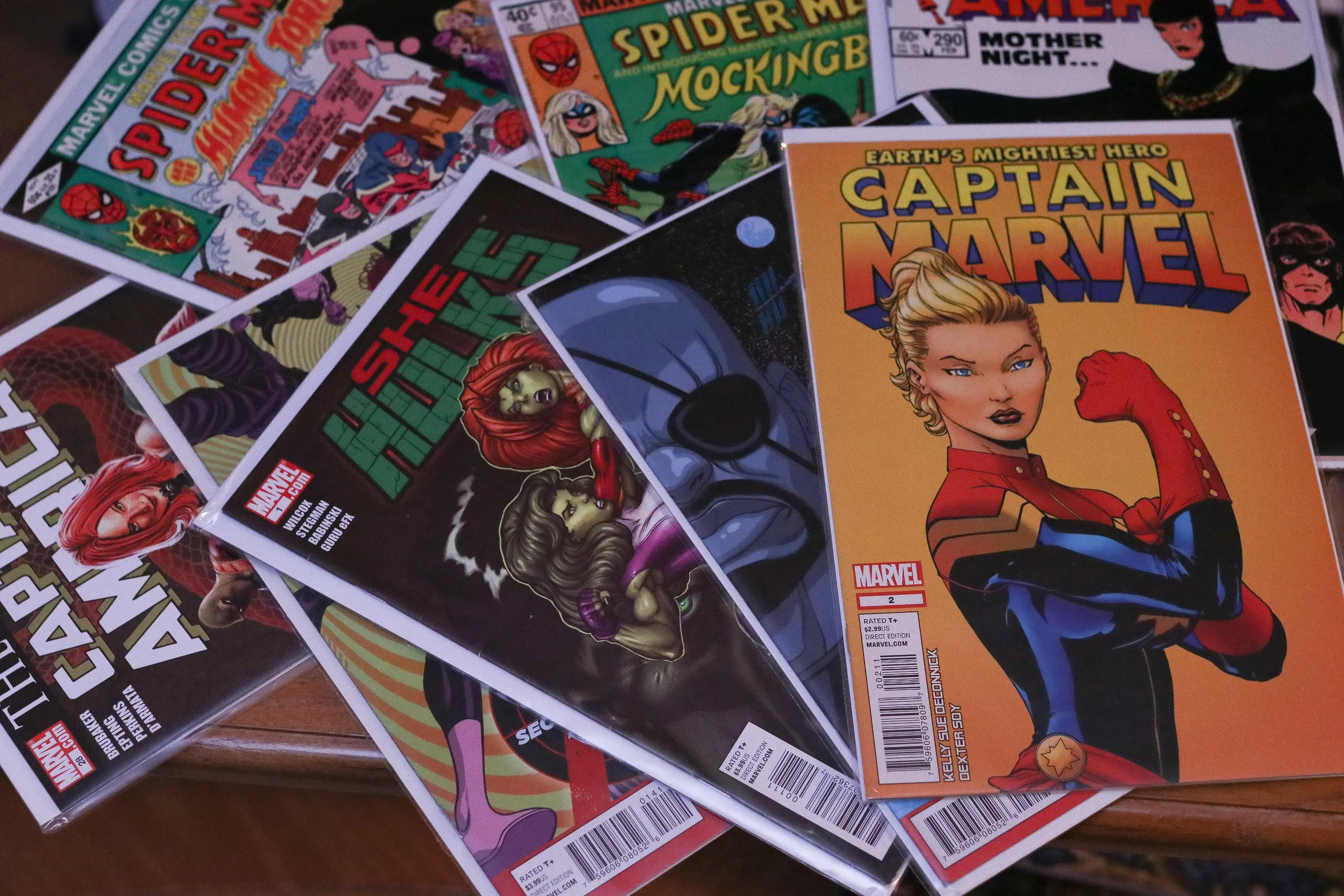Representation Matters
(originally published in the Weal, April 2019)
Whoopi Goldberg famously talked about how seeing Nichelle Nichols on Star Trek changed her life.
She said, “I knew right then and there I could be anything I wanted to be.”
That’s the effect that good representation, even in the final frontier, can have.
Ricardo Avelar, an educational counsellor with SAIT Student Development and Counselling Services agreed that the more versions of people we see, the more we’re willing to dream.
“When people only see one story of themselves in media, it becomes very limiting,” Avelar said in an interview on March 19.
“We need to look at who is at the table, who is not allowed at the table yet and how we can invite those people in."
For some people, representation is a non-issue. The heroes have always looked like them, or an idealized version of them.
The superhero genre in particular has been slow to include heroes that aren’t white, male and nominally straight, but as these movies catch up, the stories that are featuring women and men of color in lead roles are pulling in money, audience praise, and awards.
Black Panther (2018) won several Oscars—Marvel Studio’s first—and broke box office records.
Wonder Woman (2018) is the highest domestic grossing movie in the DC expanded universe, knockingBatman vs Superman off its throne.
Captain Marvel (2019) is smashing box office records and doesn’t look to be stopping any time soon.
There is clearly an audience for these movies, and these heroes, that is hungry for these stories. That is fantastic, not just for the people who now get to see themselves as superheroes, but for everyone else too.
“It can help us see what kind of obstacles we’re seeing for others and how we can do better,” said Avelar.
Not everyone agrees that this is a positive thing. All over the internet, people voice their hatred of “forced diversity”, regardless of the form that diversity takes.
It happened with Black Panther. It happened with Wonder Woman. It’s happening now with Captain Marvel. These commenters say it’s not because the character is a woman or black or gay, it’s because it’s not believable for them to be the hero.
But the god of thunder coming to earth to hang out with a billionaire in a tech suit and a GMO super soldier from the 1940s makes perfect logical sense, right?
This attitude spread to a point where Rotten Tomatoes had to change their policy and stop people from down voting movies before they’ve been released due to spamming the downvote option on Captain Marvel weeks before the movie came out.
Criticism of these stories isn’t the problem. No one needs to like or love every story.
The problem is that there is a vocal minority of people that see diverse stories as a threat; that by opening the floor to other stories and other storytellers, they’ll somehow lose something instead of gaining a new perspective, or a new appreciation, or an understanding of another group of people.
Captain Marvel and Black Panther aren’t magically erasing the Iron Man franchise. They’re adding to the kinds of stories, and heroes we get to watch and enjoy.
Avelar noted that the people who feel threatened by diverse media could benefit from these stories, as well.
“These stories can help everyone—not just the people directly represented in these stories—to break out of the box and realise they can be more.”
The positives effects of positive representation in media outweigh any of the common complaints.
Seeing diverse heroes helps people see possibilities in their own future and can help break down misconceptions and stereotypes. In a genre that is about people doing the right thing and saving the world, that shouldn’t be a threat.
That should be the standard.

